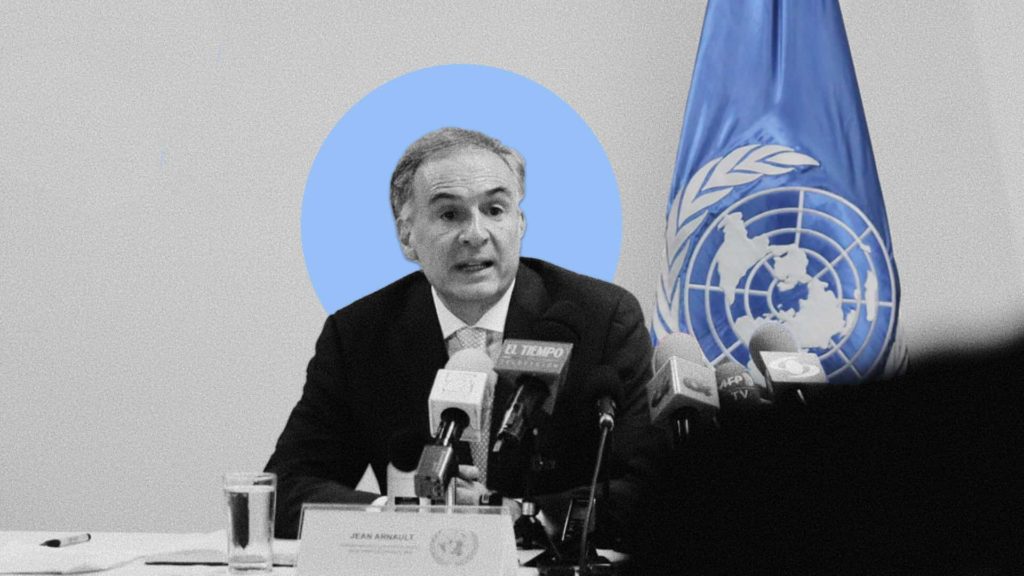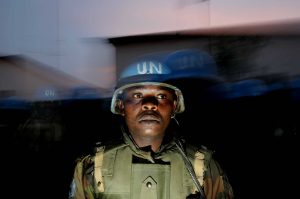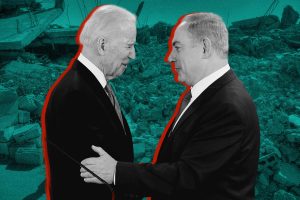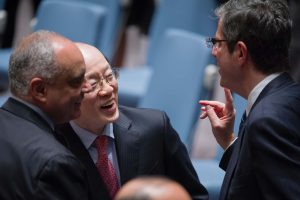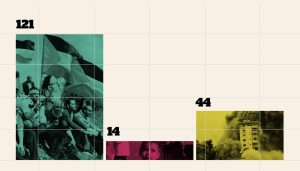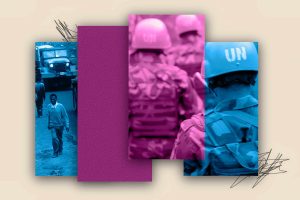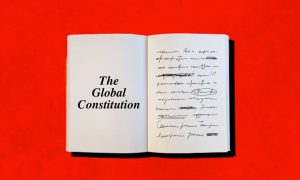Earlier this year, Secretary General António Guterres appointed the Frenchman Jean Arnault as his envoy covering Afghanistan and regional issues. Mr Arnault is expected to support the negotiations and implementation of any agreements between the Taliban and Afghanistan.
Jean Arnault is a former philosophy student with an extensive working background in United Nations missions in Asia, including Afghanistan, Europe, Latin America, and Africa.
No doubt his outstanding experience in international diplomacy will bring a massive force behind the Afghan peace talks, and although we wish him all the best, it must be said that the UN’s political response to this conflict has been largely uninspiring.
For years now, consecutive UN Secretary Generals have found their missions in Afghanistan frustrated by their inability to adjust to the Afghan reality. The most the UN has achieved in Afghanistan can be characterised by its approach to conflict resolution, not the long term prosperity of the Afghan population.
Of course, Jean Arnault and the UN are not alone in their quest. Earlier last month, the US envoy to Afghanistan, Zalmay Khalilzad, also tried to drum up support for a written proposal that includes an interim government and ceasefire. This is of course prior to the Trump administration’s deal with the Taliban to withdraw all US troops from the region, triggering an immediate ceasefire and strengthening regional consensus to fully support the peace process.
It should be noted that the US has zero moral authority in this respect. The US-led invasion of Afghanistan was not constructed as a humanitarian intervention, but rather as an ill-conceived act of self-defence in response to the attacks in 2001. The Afghan war never brought the Taliban or Al Qaeda to justice, but rather planted and fuelled massive instability in the region.
Whatever the results of the negotiations may be, we believe Mr Arnault’s intervention in Afghanistan should not be measured merely by the absence of violence, but by the subsequent durability of its government and the well-being of the Afghan population, in particular women and minorities.
• The UN in Focus series holds the United Nations accountable to UN-aligned’s standards.



